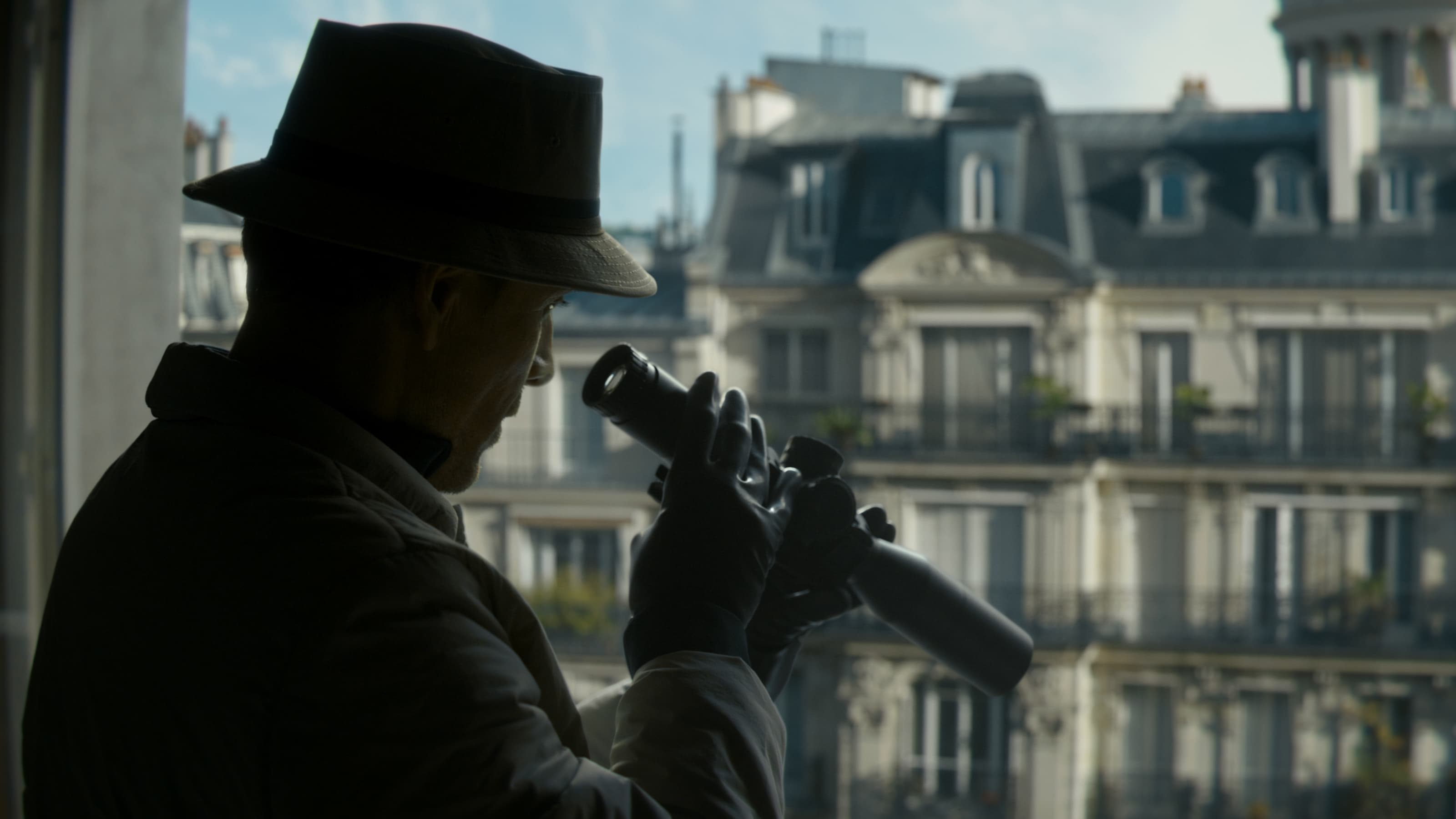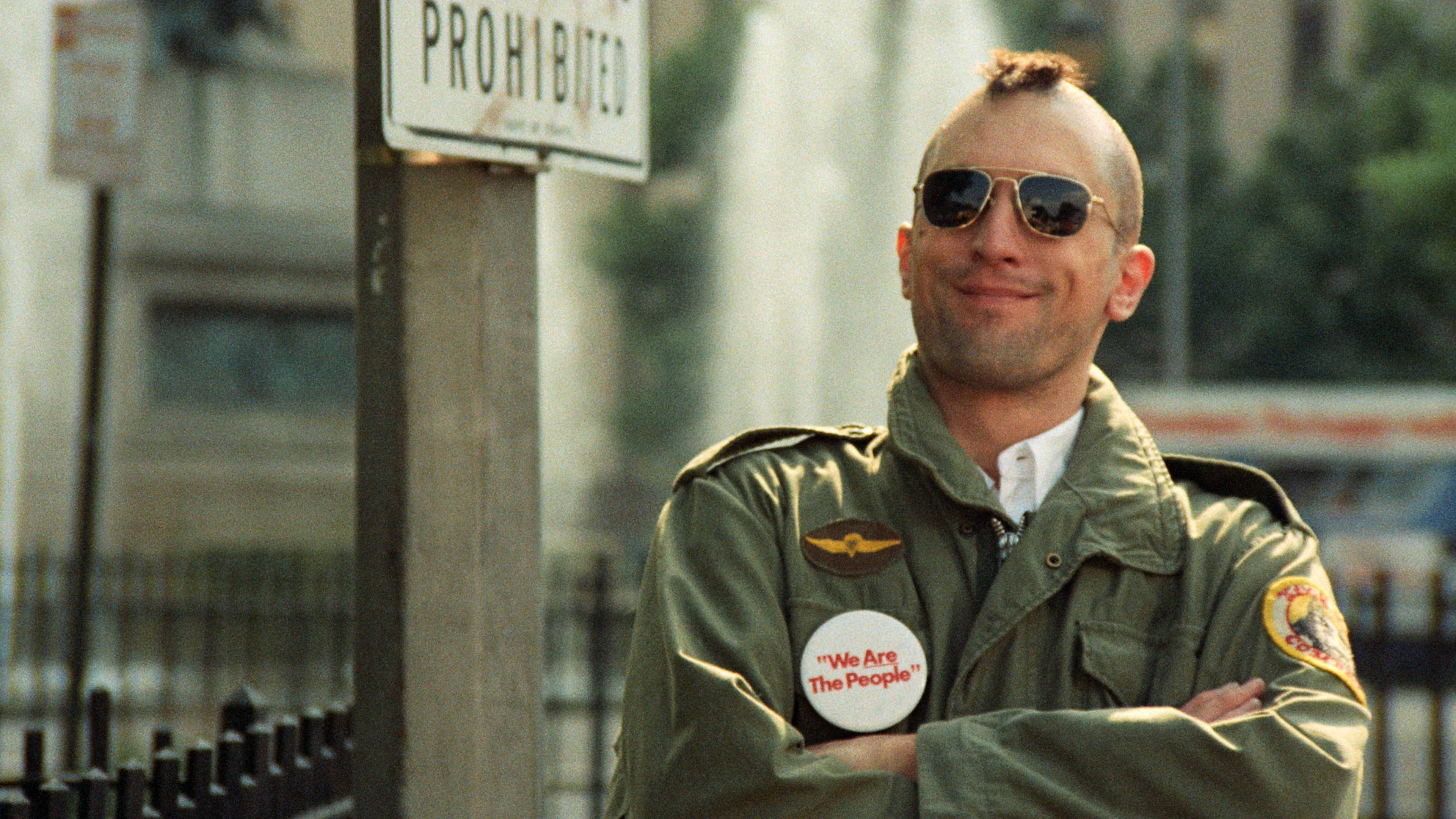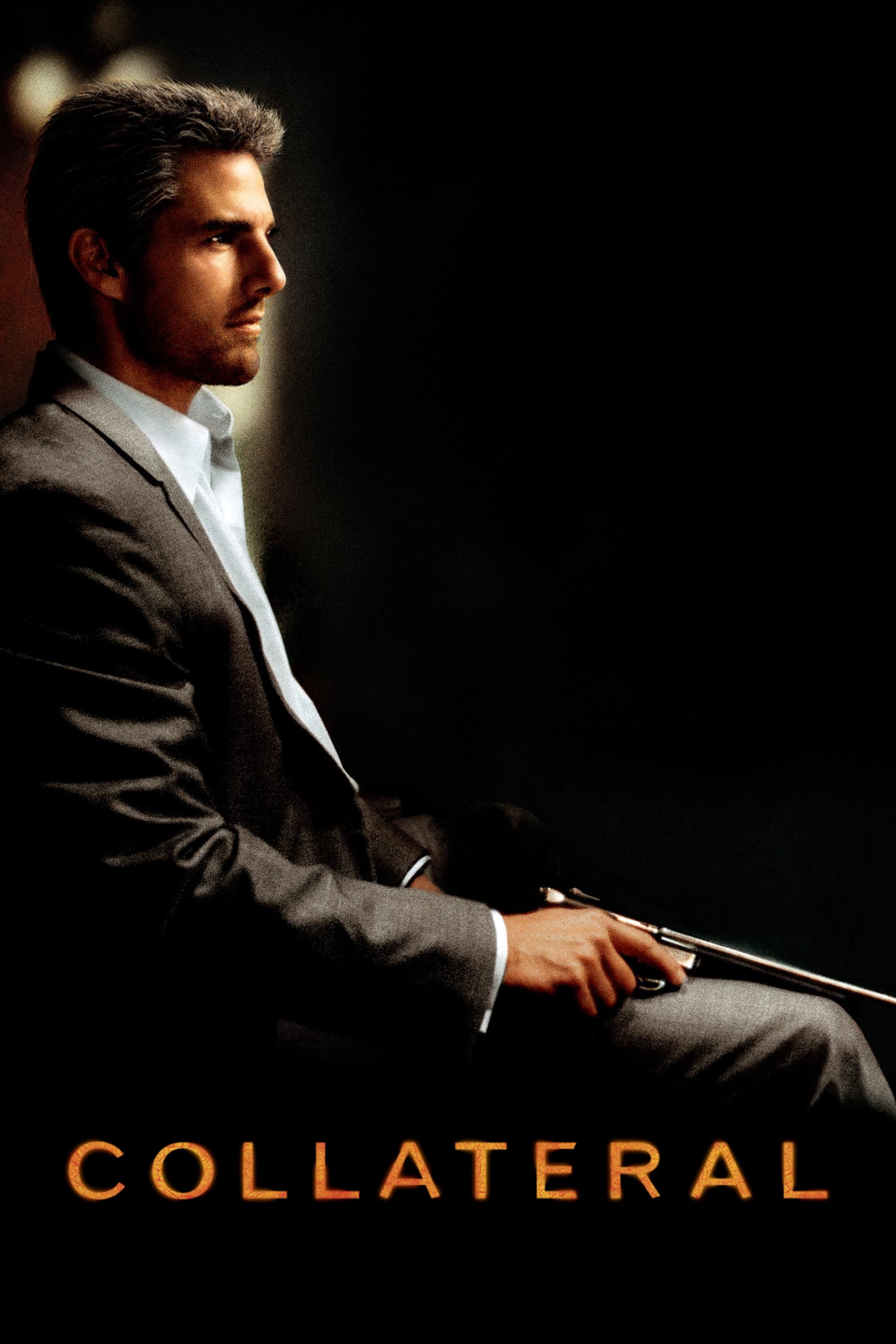⭐⭐⭐⭐⭐
"A hundred and forty million human beings are born every year, give or take. Worldwide population is approximately 7.8 billion. Every second, 1.8 people die. While 4.2 are born into that very, same, second. Nothing I've ever done will make any dent in these metrics."
David Fincher's The Killer is absolutely loaded with gems like this. The unnamed killer (Michael Fassbender) rationalizes the immorality of what he does by explaining to himself that none of what he does matters. Justice isn't real. Morality isn't real. These concepts only exist to comfort those who are unwilling to stare into the abyss like he does. He's content with staring humanity in the eye and seeing nothing worth defending. At least, that's what he tells himself throughout runtime before accepting his philosophical role in the world in the film's final minute.
Fincher's film feels like an idiosyncratic black comedy that pokes fun not only at this type of character in other films, but his own creative processes as one of the world's most renowned and admired filmmakers (I'm particularly fond of Se7en). As a film, it's exciting to see Fincher dedicate his unique talents to something like this. The fight scene in the middle is particularly nasty and exciting, and Fincher brings a handful of creative decisions that make the scene intense and visceral. I especially loved how the camera lightly shakes on every impact. It really added a layer of impact and weight that many fight scenes these days lack.
Fincher isn't critiquing these characters or arguing that they shouldn't exist in film, as one can argue that some of the best films ever made are centered around fundamentally lonely men, but his thesis is finally arrived at in the film's closing line where The Killer admits that he is one of the many. Throughout his entire journey, The Killer talks about being one of the few versus one of the many, seemingly believing he is one of the former before accepting he is one of the latter. In a sense, this, and other movies like it, is about understanding your role in a world overrun by late-stage capitalism. In a place where net worth counts for more than virtue, you are your job, and little else.
It's hard to explain exactly how Fassbender and Fincher manage to make this character strangely charismatic. It goes without saying that our unnamed protagonist is a terrible person. He kills multiple innocent people throughout the movie and doesn't seem to feel any remorse over it whatsoever. He views empathy as a weakness and tries as hard as possible to forbid it whenever he is capable. He is objectively despicable, and yet, for some reason, I found it extremely difficult to not root for him as the movie progressed. The narration takes us so far into his mindset and nihilistic worldview, and presents it so logically that it is difficult to disagree with it. The quote I used to start this off is objectively true, even if he is using it to justify his profession of killing people for money. Whether or not the people "deserve" to die or not is irrelevant both to The Killer and in the grand scheme of the human experience according to his worldview. I think it is this cold, ruthless logic that makes it hard to despise The Killer despite his obvious moral shortcomings. The aesthetic of the film captures the sort of sleek coldness that inherits The Killer's mind. Shots are gorgeously lit, but there is no warmth to any of the images that populate the film.
Characters like the titular killer have existed for decades now. Characters like Jef Costello of Le Samourai, Travis Bickle of Taxi Driver, Patrick Bateman of American Psycho, the driver of Drive and many others have become synonymous with men who find the inherent loneliness these characters define their lives by relatable or comforting despite the cold aesthetic. The film surrounding Travis Bickle's fatalistic definitions of masculinity is nasty and grimy. There are no heroes in any of their worlds except the one that exists in their own minds. Between these characters, their mentality generally fluctuates between "the world is ruined and only I can save it" or "it doesn't matter". The killer is almost a borderline parody of this sort of character, but with one exception. All of these aforementioned characters feel like they are exceptional but don't realize that they are not. The Killer, in its closing line, finally pokes through at just how flawed his mindset is.



